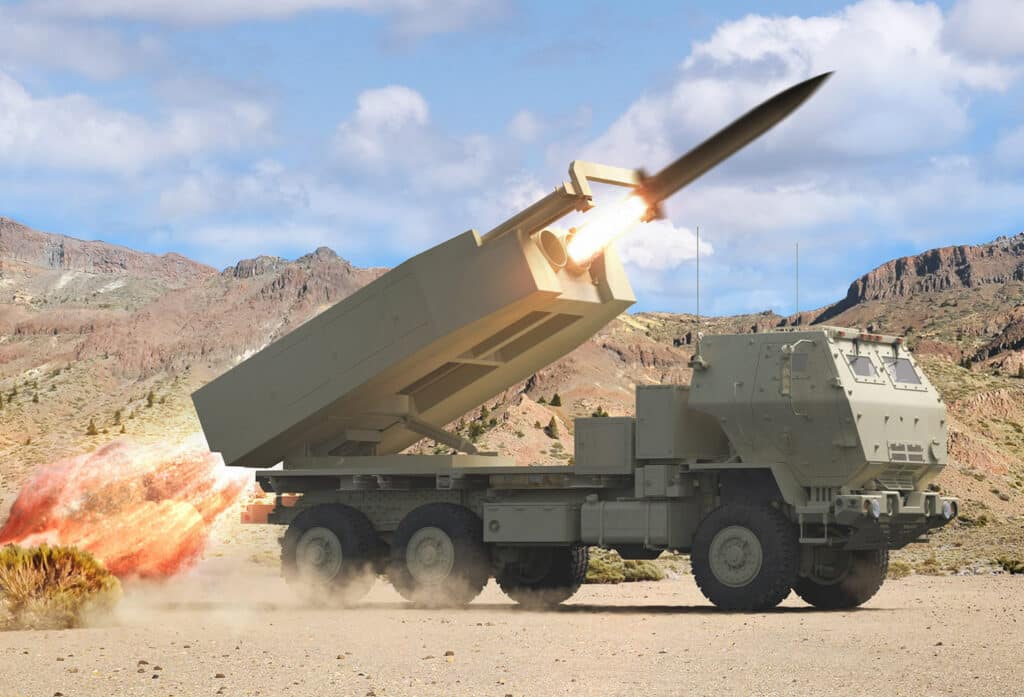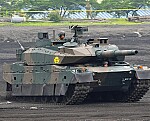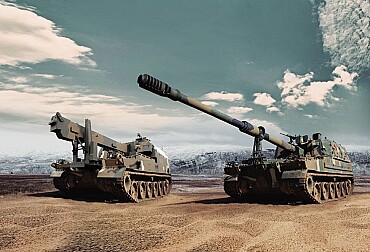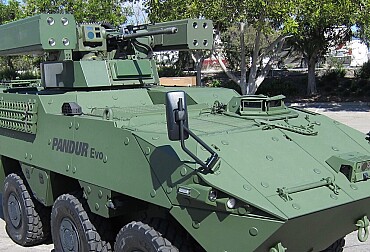What could a world without arms treaties look like?
Recent events, such as the announced deployment of U.S. long-range fires in Germany (thus marking the definitive termination of the INF Treaty) and the unknown status of the New START Treaty negotiations, could severely hinder future arms control and disarmament agreements.

The U.S. reaction to Russian violations and subsequent U.S. withdrawal from the INF Treaty was the beginning of a new strategic situation in Europe. Currently, it is unknown whether this decision was made due to serious Russian violations or was a reaction to the massive build-up of missiles in the People’s Republic of China (PRC), which introduced several missiles that could reportedly be launched at distances between 500 and 5,500 kilometers (310 and 3,418 miles) against both ground and maritime targets. This could have significant implications in a hypothetical future conflict between the U.S. and the PRC, as the People’s Liberation Army (PLA) introduced the concept of Anti-Access/Area-Denial (A2/AD) to hinder U.S. troop movement in the Western Pacific region. The current state of the strategic competition between the U.S. and the PRC indicates that at least the PRC is not and almost certainly will not be open to any negotiations on the INF-style reductions or limitations. With Russia and the U.S. competing against each other and no other country obliged, the PRC is unlikely to agree to any negotiations.
Another great example is the New START Treaty signed by Dmitriy Medvedev and Barack Obama in 2009 in Prague. The status of the Treaty extension beyond 2026 is currently unknown, as both the U.S. and Russia are heading to complete withdrawal from this treaty. The end of the New START could have a huge impact on global strategic stability and security. It could invite both nuclear and non-nuclear states to improve their arsenals and pursue nuclear weapons, respectively. For example, it could worsen the standoffs between Pakistan and India, both nuclear-armed countries. The strategic stability in the Middle East could also be in danger due to the Iranian pursuit of nuclear weapons. Not to mention PRC which is not a Party to the treaty and will act accordingly. Moreover, The PRC will almost certainly never agree on START-like treaty without other nuclear-armed countries. The PRC will very likely use it no-first use policy argument and the fact that its missile forces have only dozens of nuclear warheads deployed. Compared to the U.S. and Russia, there is a huge imbalance. Let alone the sci-fi scenario that sometimes appears in the media outlets. This scenario is based on the PRC taking over a large chunk of Russian territory east of the Ural Mountains. This could lead to a nuclear-armed PRC with hundreds of deployed warheads and launchers under no obligation.
One might also be concerned about the Comprehensive Nuclear Test-Ban Treaty (CTBT). Neither the United States, the PRC, nor Russia has ratified this treaty, and Russian officials claim that Russia could resume regular nuclear testing as they move forward with nuclear-powered missile testing. The end of this treaty, or at least regular nuclear testing by the U.S., PRC or Russia could encourage both nuclear and non-nuclear states to conduct their own nuclear test.
The collapse of these treaties could also hinder other areas of much-needed comprehensive dialogue on the global stage, such as autonomous systems or space security and stability.
Regarding autonomous systems, development is rapid, and the world must act before it is too late and there is an autonomous arms race going between the U.S., PRC and Russia. This competition could also provoke other actors, both state and nonstate, to pursue autonomous weapons on their own. The risk is clear: those systems could be proliferated to a terrorist group on a large scale. The world needs treaties such as the INF, START, or CTBT to restrict both state and nonústate actors' access to sensitive technologies.
How could state and non-state actors maintain dialogue on another critical issue – space security – if we cannot maintain dialogue on existing arms control treaties that took years to negotiate? We are heading towards difficult times with no reprieve.










